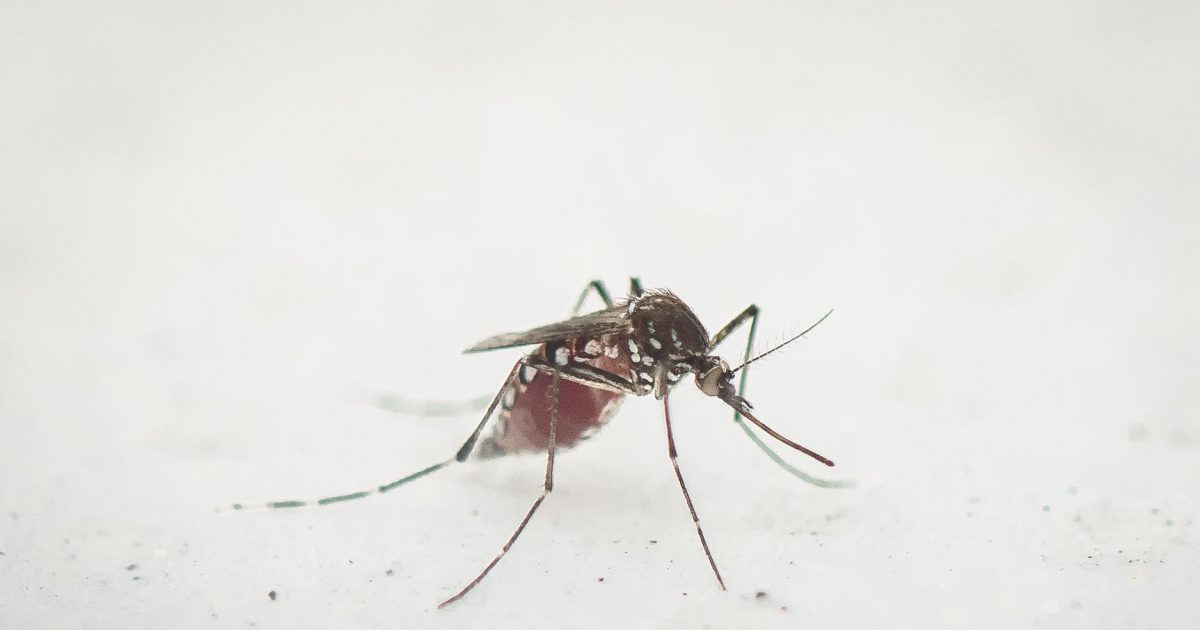Infection
KDHE issues high-risk warning for West Nile virus infections affecting most of Kansas
West Nile virus activity is apparently increasing across Kansas.
The Kansas Department of Health and Environment has issued a high-risk warning for West Nile infections for all state regions except the southeast, which is currently in a moderate risk.
KDHE says most West Nile infections happen in late summer and early fall. About 20 percent of infected people develop fevers and about one in 150 infected people will get neuroinvasive diseases, including the swelling of the brain or brain tissue — and, in some cases, death. So far this year, KDHE has noted 22 cases of West Nile virus in humans, including 17 neuroinvasive cases and three deaths. There are no vaccines or medications to prevent or treat West Nile.
There have also been several infections confirmed in horses, although none so far in the KVOE listening area. The closest confirmed infections have been in Butler County.
KDHE-recommended steps to avoid mosquito bites and the possible spread of West Nile
*When enjoying the outdoors, use insect repellents that contain DEET or other EPA-approved repellents, including picaridin, oil of lemon eucalyptus, or IR3535. When used as directed, EPA-approved insect repellents are proven safe and effective, even for pregnant and breastfeeding women.
*Individuals should cover their skin with clothing when outdoors, wearing long sleeves and pants when practical.
*Mosquitoes bite during the day and night, but some species are more active at dusk and dawn. Limit outdoor activities during these peak mosquito activity times.
*Use screens on windows and doors—repair holes in screens to keep mosquitoes outdoors.
*Eliminate sources of standing water, which are important breeding sites for mosquitoes—empty standing water from tarps, old tires, buckets and other places where rainwater collects. Refresh water for bird baths, pet bowls, and wading pools at least every three days and consider using larvicide in low-lying areas where water cannot be removed.
*Talk with a veterinarian about vaccinations to protect horses against WNV.

